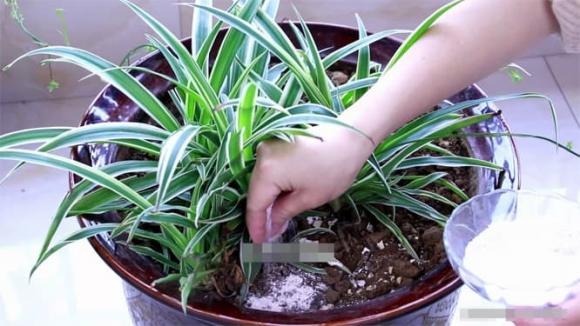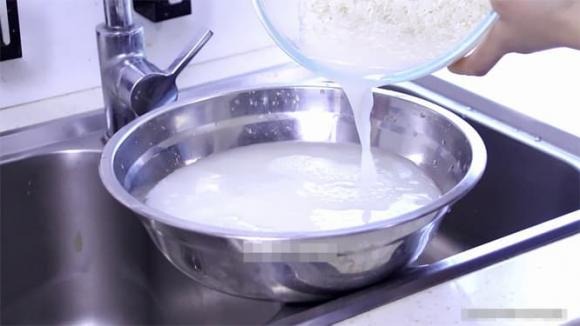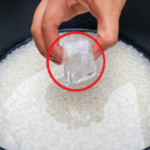Balconies are often adorned with potted plants and flowers, adding a touch of vibrancy to our living spaces. Taking care of these plants by watering and fertilizing them regularly is not only essential for their beauty but also a great way to unwind after a long day.
These plants not only provide a green oasis but also improve the indoor air quality through photosynthesis, releasing oxygen and purifying the air we breathe.
However, despite our best efforts in caring for them, some plants may start to show signs of distress, with leaves turning yellow, wilting, or failing to thrive. If you’re facing these issues, don’t fret. Today, I’ll share some simple tips and tricks to nurture your flowers and plants back to health using everyday household items. Even the most challenging plants to grow will flourish with these hacks. Let’s get started!
First up: Eggshells
Eggs are a staple in our daily meals, and their shells are usually discarded. But before you toss those shells, consider their hidden benefits. First, rinse the eggshells to remove any residual liquid, as it could attract tiny insects. Once cleaned, place them on a windowsill to dry completely.
Collect a good amount of dried eggshells and crush them into a fine powder using a rolling pin or a grinder. This eggshell powder is rich in calcium and can be mixed into the plant’s soil to provide essential nutrients and prevent soil compaction, promoting healthy plant growth.

Eggs are a common ingredient in daily meals, and their shells are often discarded.
Second: Rice
Rice, when infested or past its prime, is usually thrown away. Instead of discarding it, use it to nourish your plants. Simply scatter a small handful of rice into your flower pots. The rice will slowly ferment and decompose, providing your plants with the nutrients they need to thrive.
Additionally, the leftover rice water after cooking is a fantastic nutrient boost for your plants. Regularly watering your flowers with rice water will enhance their growth due to the rich nutrients present in the water.

Rice, when infested or past its best, is usually discarded.
Third: Potato Water
Potatoes are a staple food, rich in starch, and are usually soaked before cooking to remove excess starch and prevent sticking. Instead of discarding this starchy water, use it to hydrate your plants.





































